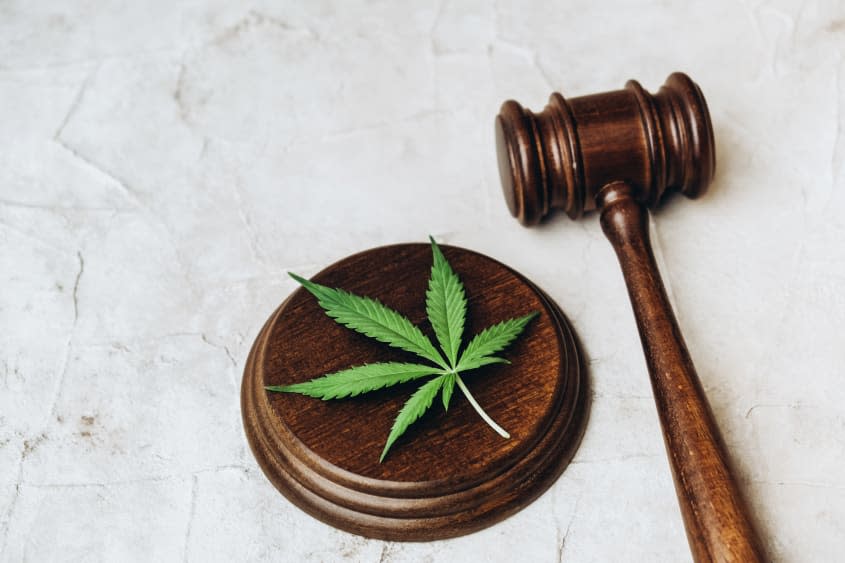The state of social equity in the cannabis industry

Over the past few years, social equity has become a critical priority for the cannabis industry. With the proliferation of cannabis legalization across the United States, there has been a concerted effort to address historical injustices of drug prohibition and promote diversity and inclusion in the industry. However, despite the promises made, many existing social equity programs are plagued with issues, such as lawsuits and funding problems.
Industry insiders are taking stock of why these programs remain essential, even if they have fallen short of their intended purpose.
Social equity programs are still necessary …
Because of the legacy of the discriminatory war on drugs, it's essential "to consider how the cannabis industry has a more profound burden and responsibility to social equity than other industries," Robert Hoban, an attorney for the cannabis sector, wrote in Forbes. Social equity initiatives prioritize "justice and fairness within social policy" and "attempt to ensure that people of color, and those with marijuana offenses prior to legalization, be afforded an opportunity to participate, meaningfully, in this burgeoning industry."
For Clark University professor Laury Lucien, social equity programs must include reinvestment into the communities they claim to serve. The industry should ensure that every state with legal marijuana markets "has a social equity program that prioritizes social advocates," said Lucien, a cannabis attorney and entrepreneur. "If we are only focusing on social equity for businesses, then we are missing the individuals who are still suffering."
… but they are falling short
Many emerging cannabis markets offer social equity programs to reverse some of the damage done by the war on drugs. "So far, those efforts haven't worked," Vipal Monga ad Jennifer Maloney said in The Wall Street Journal. The Black and Latino entrepreneurs that the programs are supposed to prioritize "have been tripped up by steep application fees, lawsuits and state programs that have favored entrenched players," they added. Even if minority businesses secure a coveted license to sell or cultivate marijuana, "they face a paralyzing problem: little or no access to cash."
Social equity has become a "key buzzword" for legislators, regulators and industry advocates building nascent legal cannabis markets, Geoffrey Lawrence and Michelle Minton stated in The Buffalo News. Though they all acknowledge that drug prohibition was "executed in harmful and discriminatory ways," they still "failed to consider the discriminatory impacts of their own proposed solutions." Social equity programs need to be redesigned. "States should stop erecting barriers to entry into the legal market and allow legacy marijuana suppliers to easily transition rather than executing massive arrests and asset seizures as New York is doing," they opined.
In trying to create equitable access to the cannabis industry, some programs have inadvertently iced out other groups. Women who applied for New York's first batch of retail licenses have been "left behind in the state's effort to establish an equitable cannabis market," Mona Zhang said in Politico. The small number of women given licenses so far "shows how sophisticated attempts to manipulate the market to benefit a certain group of applicants can still leave others feeling snubbed."
You may also like
How could AI cause human extinction?

